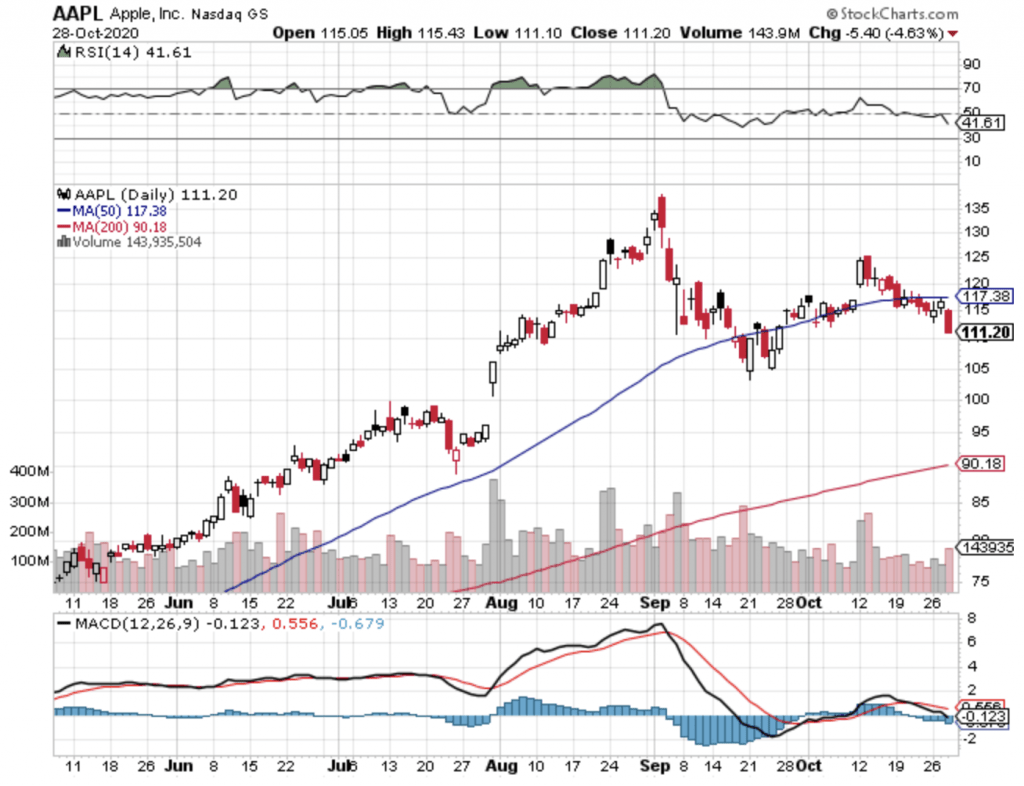
:max_bytes(150000):strip_icc()/OPTIONSBASICSFINALJPEGII-e1c3eb185fe84e29b9788d916beddb47.jpg)
Options trading is known to be quite risky, in part because of how complex it can be to understand. "It's never a good idea to just pick an option for your portfolio without doing your research and whether or not it aligns with your investing goals," he explains. Whether to choose a call or a put option, and whether to buy or sell, depends on what you want to achieve as an options trader, says Callahan. Market volatility near expiration can also raise an investor's risk of an option not being worth anything when it expires. As their expiration date approaches, options will generally lose value and can end up being worthless.

While a stock position can often be held for a very long period of time, all options eventually expire. This is a basic explainer of options, but getting involved also means understanding the different long and short positions that an investor can take.

Select breaks down below what active investors need to know before giving it a try.Īn option is a contract giving the investor the right (or option) but not the obligation to buy or sell a specific stock or ETF, at a specified price (also known as the "strike price") for a specified period of time, ranging from days to years. "Options can lower your breakeven point, reverse your strategy without selling your stock and even potentially let you set a purchase price for a stock below its current market price," adds Randy Frederick, managing director of trading and derivatives at the Schwab Center for Financial Research.ĭespite its popularity, the reality is options trading is not that straightforward and you have to be pretty tactical when getting involved.

For example, if a stock you own decreases in value, buying certain kinds of options can help cancel out any potential losses on your shares. Options can act almost like an insurance policy, Callahan explains. When investors combine the two together, they have more possibilities than if they traded stocks alone. "Options trading can be a great way to grow your income, limit your risk and hedge against market fluctuations at the same time," says Stephen Callahan, vice president of client services at Firstrade, a fintech brokerage offering options traders zero commissions, zero options-contract fees and no deposit minimums, maintenance or inactivity fees.įor these reasons, options can be complementary to stocks in your portfolio.


 0 kommentar(er)
0 kommentar(er)
